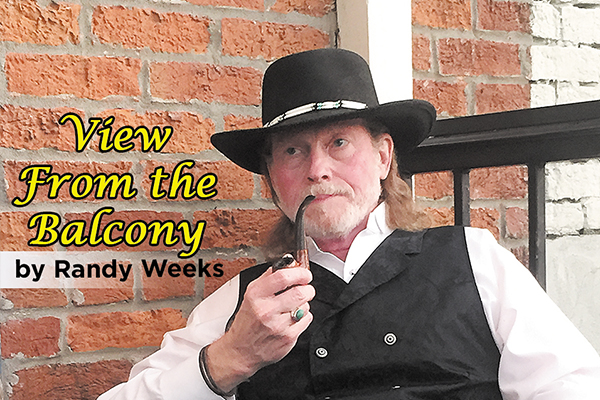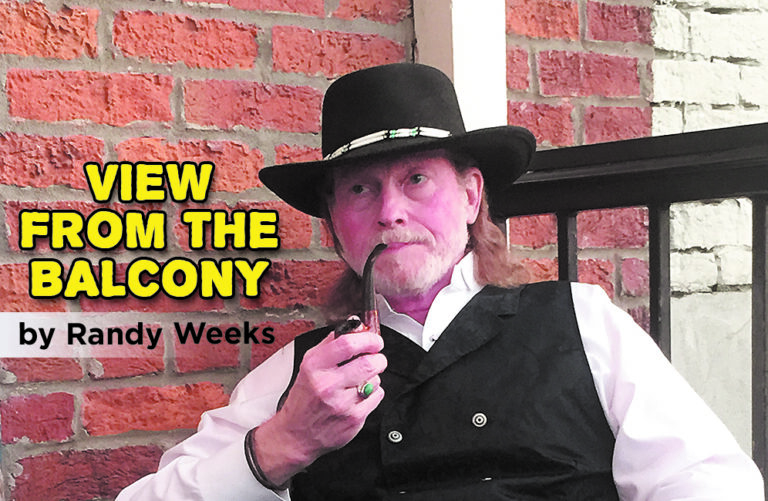
A few days ago, someone called me out on something. It upset me so much that when I woke up the next morning I was on the verge of tears. I wasn’t upset about having been called out, though. I was upset that I might have unintentionally hurt some people and that I might have been mischaracterized about something truly important to me.
This started as I was telling a story about a lovely encounter on an airplane with two young parents and their baby. I thought the parents had done an amazing job caring for their child in a difficult situation. As a psychotherapist who works with families, I commended them on their parenting. As part of my description of the couple I used the term “interracial.” Suddenly I found myself on the witness stand in a caring, hyper-focused court of higher consciousness—a heart awareness inquisition, if you will. There were two levels to this: 1) the language itself, and 2) why I said it at all.
I learned that the term “interracial,” when used as I did, can carry a similar racist connotation for many people as the “N” word. Mea culpa. I’m going to plead ignorance, fall on my sword, and beg forgiveness. I was not aware that “interracial” was sometimes a pejorative term. Now that I do, I know better than to use it as I did.

Tougher, though is the question of why I made that distinction in the first place, and these were the things I was challenged to grapple with:
Pointing out the racial differences of the couple wasn’t necessary. It wasn’t germane to the point I was making. Why would I highlight the couple’s racial differences when it wasn’t a factor? If they’d been verbally accosted for being from different racial backgrounds and I was describing that event, then, sure. It would have mattered. But it didn’t here.
If one of them had been morbidly obese and the other as thin as a piece of vermicelli, would I have pointed that out? If one had been 20–30 years older than the other, would I have included that information? If one had been Jewish and the other Buddhist, would I have said that? Probably not.
The answer to why I included this information is, I think, largely from having been reared in a culture that noticed those outer differences and was neither enlightened enough to recognize the inherent racism in that, nor caring and willing enough to face the truth. To tackle such a line of questioning without defensiveness can be daunting.
Is this PC gone amuck? I don’t think so. Why? If this world is ever going to come to a place where our interconnectedness is honored, we must do this work, and we must do it with a soul-desire to be aware of self and others to the highest degree possible. Yes, there are those who are oversensitive to just about anything we might do or say, but that’s no reason to let ourselves off the hook when it comes to understanding and caring. And as conscious, highly evolved, aware, and sensitive as I might think I am, I still have a lot to learn.
I was processing this with a friend who has, as one of her spiritual gifts, the keen ability to distill things down to their essence in a remarkably insightful and concise way. She said that in all my wordiness, I was simply trying to say that sometimes we need to re-evaluate our beliefs and possibly make changes in them. Our beliefs aren’t facts anyway. Our beliefs come from our values and regular assessment of our values is sorely needed.
Did I enjoy having light shed on one of the dirty corners in my belief system? Hell, no! But I’m glad it happened, and I’m glad I was willing to hear the hard stuff. Otherwise the filth would still be there. I’ve got enough of that already.
…and that’s the view from The Balcony.


